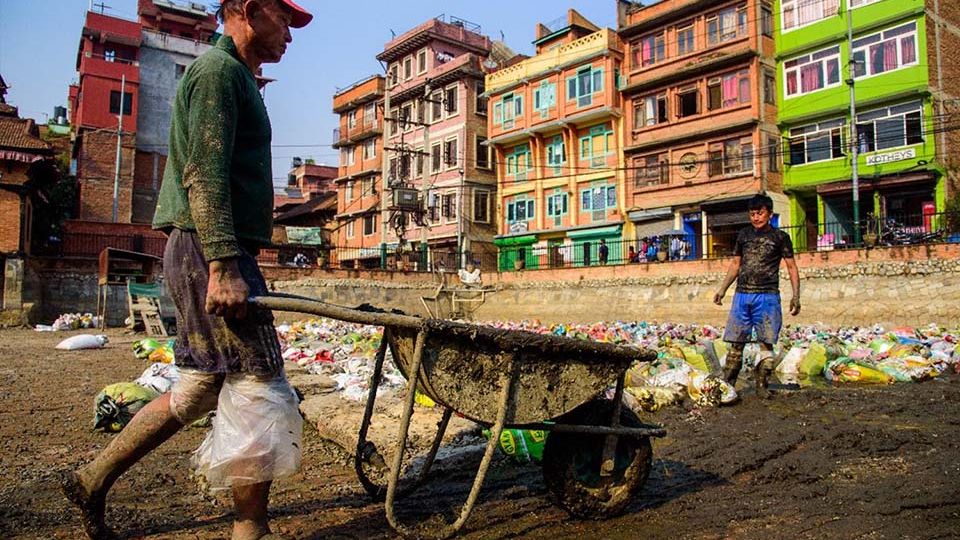Initially observed as a day in remembrance of the Haymarket Affair, a violent altercation which occurred in Chicago, Illinois, on May 4, 1886, Labour Day highlights the importance of unity and solidarity among workers in advocating for their rights and promoting social justice.Labourers in Nepal face numerous challenges like low wages, harsh working conditions, and safety hazards, among other issues that remain largely unaddressed due to the lack of proper implementation of labour laws.Workers in Nepal are often subjected to subpar working conditions and exploitation at the hands of employers. Despite these circumstances, they are forced to undertake such jobs to earn a livelihood.For many Nepali labourers, seeking employment opportunities outside of Nepal has become an increasingly common trend. The growing economic and social challenges and unfavourable working conditions have pushed Nepali workers to travel to foreign country in search of better income opportunities.

